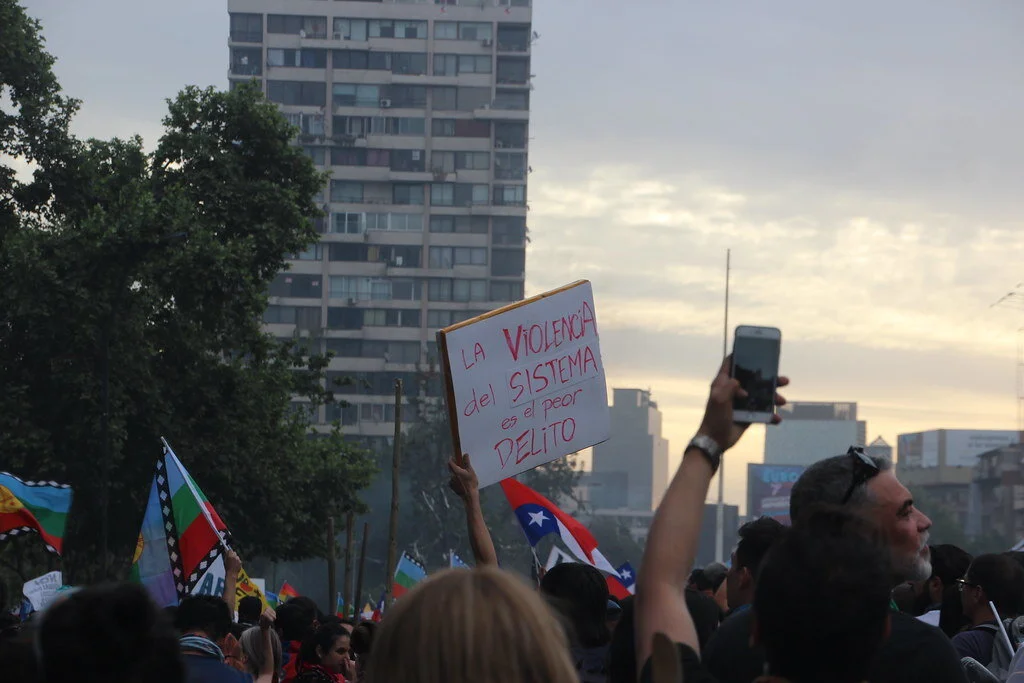Women were sexually exploited and abused by aid workers in order to obtain or keep jobs during the Ebola Crisis in the Democratic Republic of Congo.
A young girl washes her hands at a checkpoint at the border between Uganda and the DRC. UK Department for International Development. CC BY 2.0
According to a report commissioned by the agency’s head, World Health Organization workers sexually abused women while in the Democratic Republic of the Congo to aid the Ebola outbreak from 2018 to 2020. The report found that 83 people participated in the abuse, and in 21 cases, those involved were confirmed to be WHO officials. The investigation started in September 2020 when The New Humanitarian and the Thomas Reuters Foundation published a report investigating abuse claims. The report found that 31 out of 50 women interviewed reported abuse and exploitation from men working for the WHO. In response, leadership in the World Health Organization ordered an independent commission to investigate. After working in Beni, one woman interviewed by the commission stated, “To get ahead in the job, you had to have sex … Everyone had sex in exchange for something. It was very common.” In addition, women reported that they were sexually harrassed and faced exploitation in order to keep their jobs, get paid or get a promotion. In some cases women were dismissed from their jobs when they refused to have sex with supervisors.
The commission established that the majority of the victims were already vulnerable because of precarious social and economic status, and women with more education and economic power were less vulnerable to abuse. The report found that there was a “systematic tendency to reject all reports of sexual exploitation and abuse unless they were made in writing”. While the WHO has training in place to prevent sexual abuse, the report found that training for employees did not happen until November 2019, months after the outbreak had been declared an emergency. Only 371 out of 2,800 workers attended the training. Additionally, men make up the vast majority of employees during the crisis, averaging 73.4% overall. The report cites that men held 77.49% of leadership positions and 91.52% of operations support and logistic positions.
The WHO was not the only organization accused of abuse, The New Humanitarian’s investigation found that there were allegations against workers at World Vision, Unicef and Alima, among others. Additionally, the investigation found that underreporting was prevalent in these cases, with one woman stating, “Why would you even ask if I reported it?” The New Humanitarian found that many women were unaware of how to report abuse or exploitation at all. Most aid agencies claimed they had received no reports of abuse, and the WHO stated they had received only a small number of complaints. Dr. Tedros Adhanom Ghebreyesus, the Director-General of the WHO, apologized to victims and said it was his top priority to hold perpetrators accountable during a press conference after the report’s publication.
Dana Flynn
Dana is a recent graduate from Tufts University with a degree in English. While at Tufts she enjoyed working on a campus literary magazine and reading as much as possible. Originally from the Pacific Northwest, she loves to explore and learn new things.



















